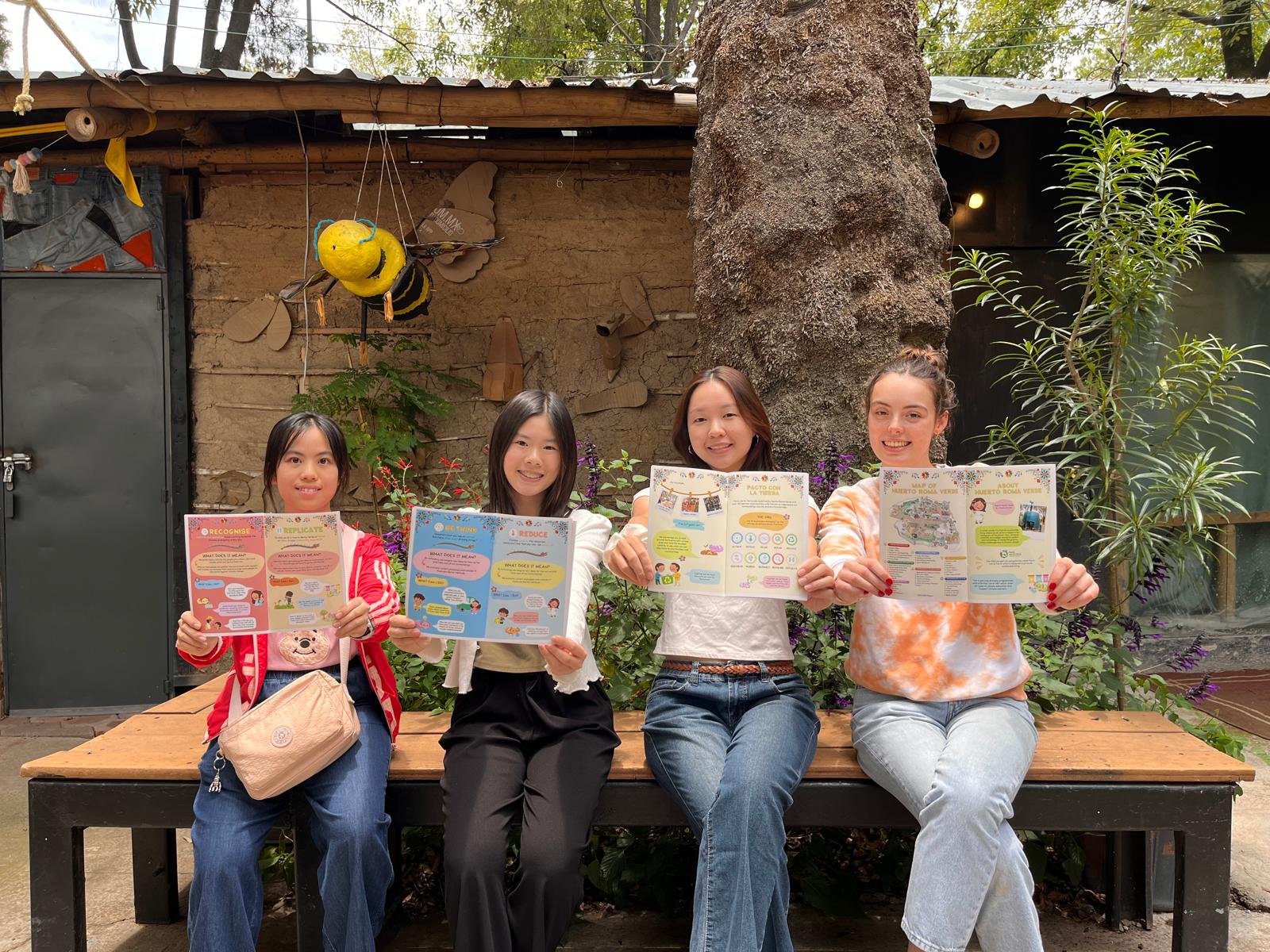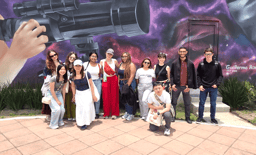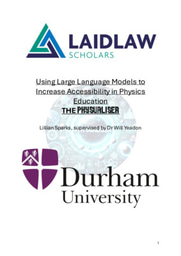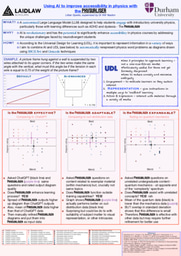Leading, Learning and Laughing in CDMX
Landing at Mexico City’s airport in the dark, my first challenge was to find the driver that makesense had organised to take me to Triver Co-living, which would be my new home for the next six weeks. Luckily, I had met fellow Laidlaw scholar, @Oliver Fletcher, by the departure gate at Heathrow and we successfully navigated our way to the arrivals area. I even managed to connect to the CDMX free Wi-Fi and catch up on everything I had missed during the ten-and-a-half-hour flight, including welcome messages from Brenda, Kenia and Nuria, the programme’s facilitators.
The reaction_for_impact programme run by makesense in Mexico City is one of the Laidlaw Foundation’s centrally organised Leadership in Action projects. I joined a cohort of fourteen scholars from around the world working across four different charities. As well as working in our smaller teams, we lived with each other and explored the city together. Completely immersed in Mexico City, I contrasted it with my life in the UK while also hearing peers make their own comparisons. This cultural exchange was one of the most valuable aspects of the programme. From @Avneet Kaur Mehr translating Spanish opera in situ (a rogue choice for karaoke but it somehow worked) to @Stella McVey giving an impromptu guided tour of the Museum of Modern Art, I absorbed different perspectives at every opportunity.
On the first day of work, all the scholars gathered in the reception area of our accommodation, introducing ourselves to those we hadn’t met yet, some of whom had arrived late the night before. I was grateful that I’d had a day to settle. Then Brenda escorted us on what would become the familiar commute to our co-working space. This involved crossing a large, fast-moving road that had four lanes going in both directions. I was intrigued by the Traffic Police, of which there were at least four at this particular intersection. They stood on the concrete central reservations blowing whistles, vigorously gesturing to override the stoplight system to direct traffic. I realised over the course of my stay that this is a common occurrence, so as to mitigate the notorious Mexico City traffic, particularly during rush hours. I wonder if this system could help around school pick-up on the Bailey near Durham's Castle, where I study.
The programme kicked off with an insightful presentation from Planeteando (a charity that specialises in audio-visual climate education) about eco-feminism. We heard about the links between climate change and gender-based violence (the two social issues the wider group were working on) by showing how environmental stressors can intensify existing inequalities. It highlighted how women, particularly in areas more vulnerable to climate change, often shoulder disproportionate risks and responsibilities. This reinforced a sense of purpose and urgency for the work ahead.
Later on, as part of the Laidlaw Foundation’s initiative to integrate sustainability into LiA project planning, I spent a day volunteering with the organisation. Planeteando is involved in creating an open-source Shock Tracker database which anyone can add to: https://finbio.org/the-shock-tracker/.
Along with some other scholars, I visited the Natural History Museum in Chapultepec Park to find out about major ‘shock-factors’ of the past, such as the Chicxulub asteroid which led to dinosaur extinction and their impact on the Earth’s ecosystems. We then added our own examples to the database. It was interesting to hear Bernie, a climate scientist at Universidad Nacional Autónoma de México (UNAM), talk about the importance of these open-source databases. Both academics and community leaders use them to track social-ecological shocks, spot patterns and make informed decisions to take action for the future. This reinforced my commitment to democratising knowledge (central to my Laidlaw research project on increasing educational accessibility in physics) and to the global collaboration essential for effective climate action.
Given that the overall theme of the programme was social impact, makesense kindly organised a trip to the Utopias in the Iztapalapa municipality, one of the more deprived areas of the city that has a reputation for crime and violence, to see a successful social impact project in action. The Utopias are community spaces that were introduced by Clara Brugada (current Mayor of Mexico City) when she was Mayor of Iztapalapa, with the aim of rejuvenating abandoned sites and turn them into safe, vibrant public spaces. We visited two different Utopias and heard from staff who take care of them. They spoke with great pride of how the Utopias have positively impacted the lives of people living in the municipality, allowing them to dream outside their surroundings. The sites were full of people of all ages, clearly showing how targeted urban investments can strengthen community life.
The charity I partnered with is called Huerto Roma Verde, a Biosocial Lab. Built on a site left abandoned following the 1985 earthquake, HRV has been supporting communities, developing urban permaculture and promoting environmentalism for over a decade. My team’s specific challenge was to address the lack of climate literacy in Mexico, particularly among children. Despite having substantial natural resources and an extraordinary variety of plant and animal species threatened by climate change, Mexico has no mandated climate education in school nor a public recycling service. This surprised me since the process of global warming is taught in GCSE Science, not to mention the regular ‘eco-friendly’ initiatives run by students and the Greta Thunberg inspired ‘School Strike for Climate Change’ protests that were features of my secondary school years.
We worked to combat this lack of knowledge through three different deliverables:
- Our main project was information sheets (which we ultimately turned into a physical booklet) to explain and give examples of practices that demonstrate ‘The 10Rs of Regenerative Living’ – Rethink, Reduce, Reuse, Repair, Recycle, Regenerate, Re-green, Reconnect, Recognise and Replicate.
- We also designed reusable templates for bilingual, QR-linked information packages on native Mexican plants that will reside in the Huerto’s newly built greenhouse. This encourages visitors to engage with their environment and empowers them to even become gardeners themselves.
- Finally we workshopped ideas for and produced templates for a waste management sorting system. The idea is that people could take a template home and separate their waste into over 24 different categories (e.g. aluminium, Tetrapak, batteries) then bring the bags to HRV’s larger waste management system. This waste would then be taken away to appropriate recycling facilities by HRV’s partner companies.
These are all under the umbrella of HRV’s ‘Pacto con la Tierra’ initiative which aims to promote socially and ecologically sustainable living through tangible practices.

What I noticed was that all three of these tasks focused on small, achievable actions that can be very easily incorporated into daily routines. I find that the world is often saturated with sustainability information so it’s very easy to feel overwhelmed, but what actually matters most is translating awareness into action. The work made me pause and consider if there were any small changes I could make to be more sustainable in my behaviour.
A project highlight was delivering the information booklets we had made to children at the Huerto’s summer camp. After weeks of seeing them race around the site, watching them sit and read our work made the project feel real and impactful – one girl even asked for a second copy for her sister. During the process of producing the booklets, I had been worried about how to pitch the tone – I didn’t want the children to feel patronised by telling them what they already knew, nor put off from the cause by overloading them with too much complex information. This field test showed that we had struck the right balance. The children’s curiosity and enthusiasm were deeply rewarding.
I will never forget my time in Mexico City. I will be back to explore other parts of the beautiful country and have been inspired to improve my Spanish. The experience has motivated me to pursue an internationally oriented career and I am eager to follow my cohort’s next steps as global changemakers.



Please sign in
If you are a registered user on Laidlaw Scholars Network, please sign in